Urban Gardening for Stress Relief
Urban gardening has become a growing trend among city dwellers seeking balance and tranquility amid hectic environments. With limited access to green spaces, city residents have discovered the therapeutic benefits of cultivating plants right at home or in community plots. Beyond the simple act of planting seeds, urban gardening offers a mindful escape, allowing individuals to reconnect with nature, foster a sense of accomplishment, and find respite from the daily grind. As modern life grows more fast-paced, urban gardening stands out as a holistic practice for mental wellness, helping people combat stress and improve their quality of life within the bustling cityscape.
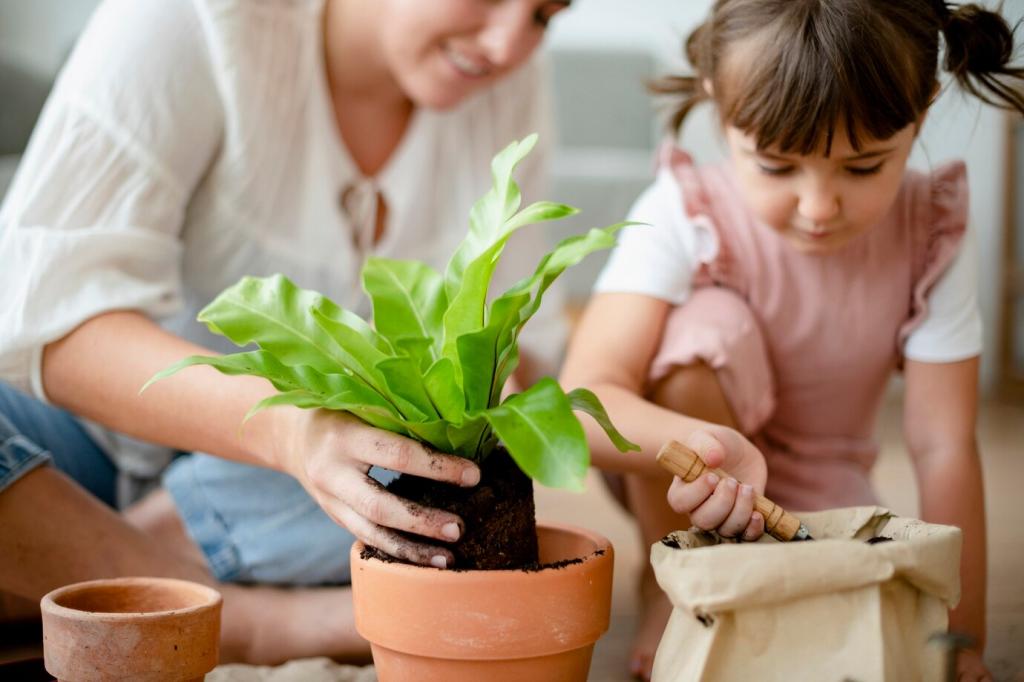
Embracing Nature in the City
Living in a metropolis often means confronting noise, crowds, and a relentless pace. Planting a small garden, whether on a windowsill or community allotment, allows individuals to create a sanctuary of calm. The process of tending to plants—watering, pruning, observing growth—encourages mindfulness and slows down mental chatter, fostering an oasis of peace in a bustling environment.

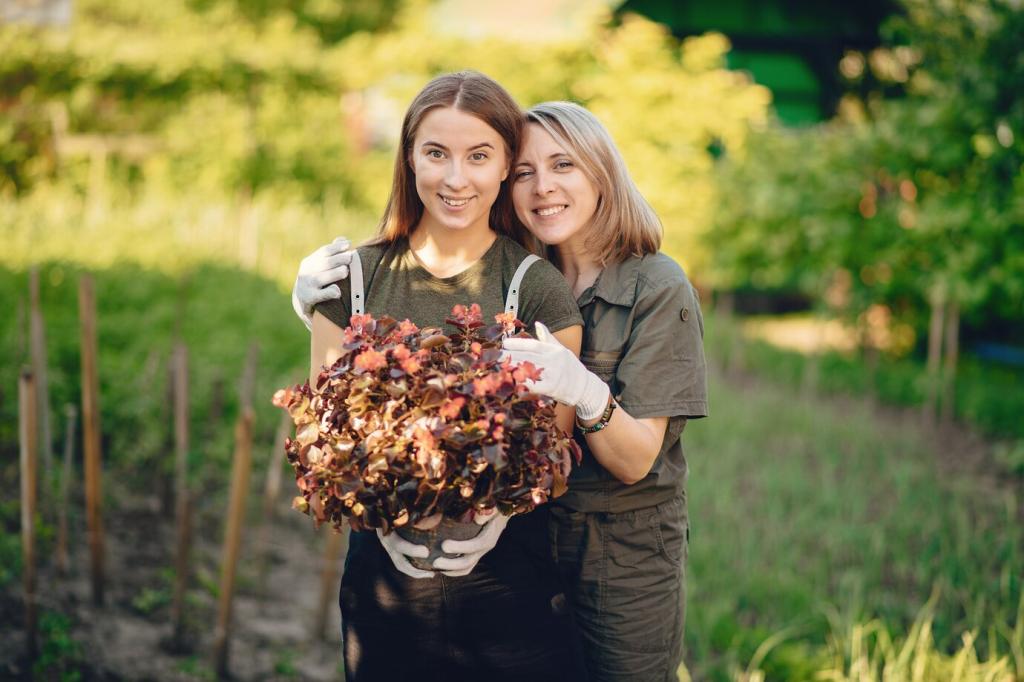
Previous slide
Next slide
Creating Community Through Shared Gardens
Building Social Bonds
Community gardens encourage interaction among residents who might not otherwise meet. Sharing tips, tools, and stories cultivates new friendships and a sense of belonging. These social interactions help alleviate feelings of isolation, providing emotional outlets and supportive relationships that buffer against the pressures of city life.
Collaborative Healing Spaces
Urban gardens often become places where diverse groups come together for mutual healing. Whether organizing workshops or group plantings, participants engage in shared activities that foster cooperation and understanding. This sense of unity and collective accomplishment helps reduce stress, as individuals realize they are part of something larger than themselves.
Volunteering and Giving Back
Tending to communal plots can be a meaningful way to give back to one’s neighborhood. Many urban gardens rely on volunteers, and contributing time and effort offers residents a chance to make a positive impact. Volunteering not only boosts self-esteem but also generates a sense of pride and usefulness, which are important components in managing stress levels.
Therapeutic Power of Green Spaces
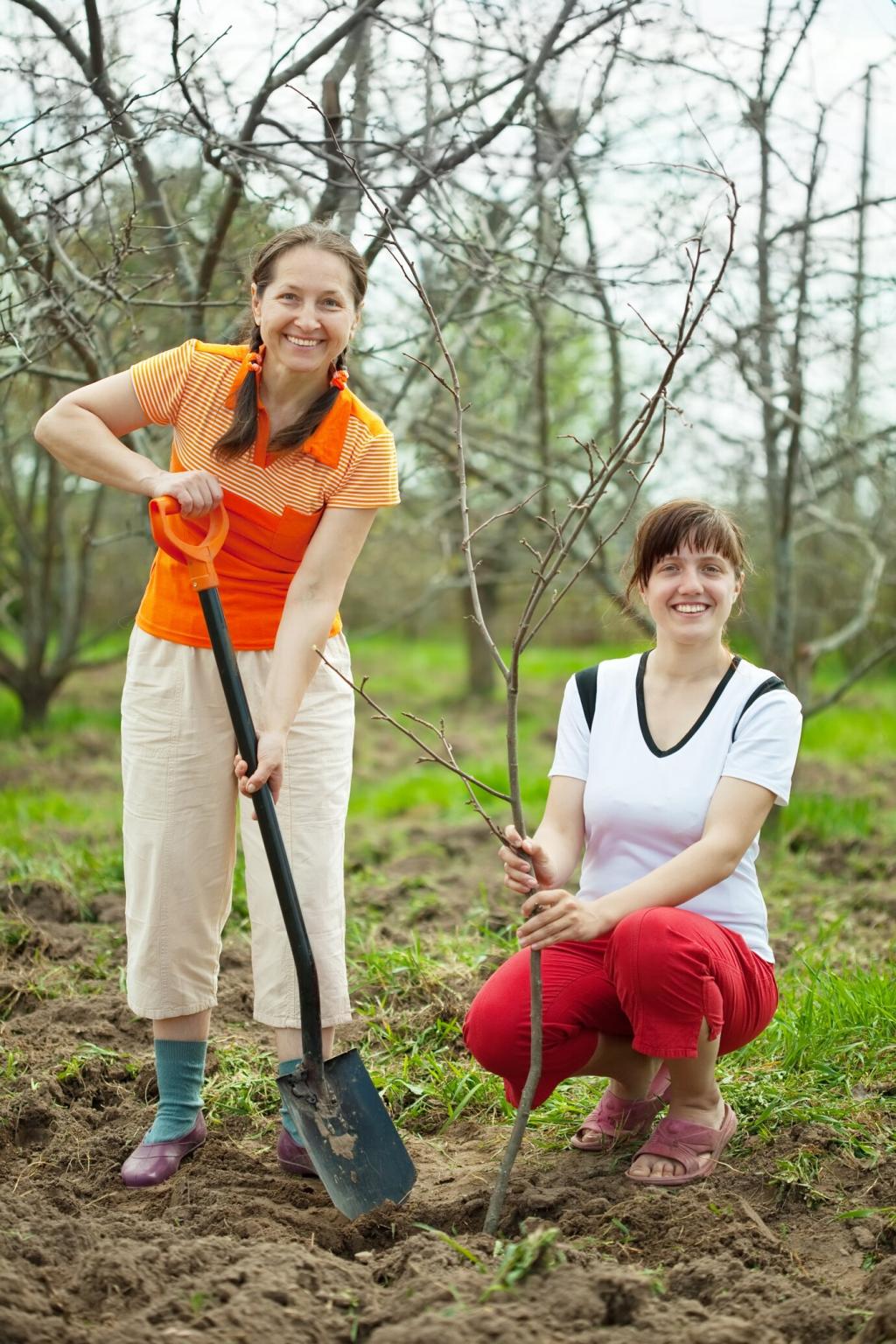
Stress Reduction Through Exposure to Nature
Scientific studies consistently show that spending time in green environments reduces cortisol levels, the hormone associated with stress. Urban gardens offer convenient spaces for relaxation, whether through active gardening or simply sitting among the plants, helping individuals recover from mental fatigue.
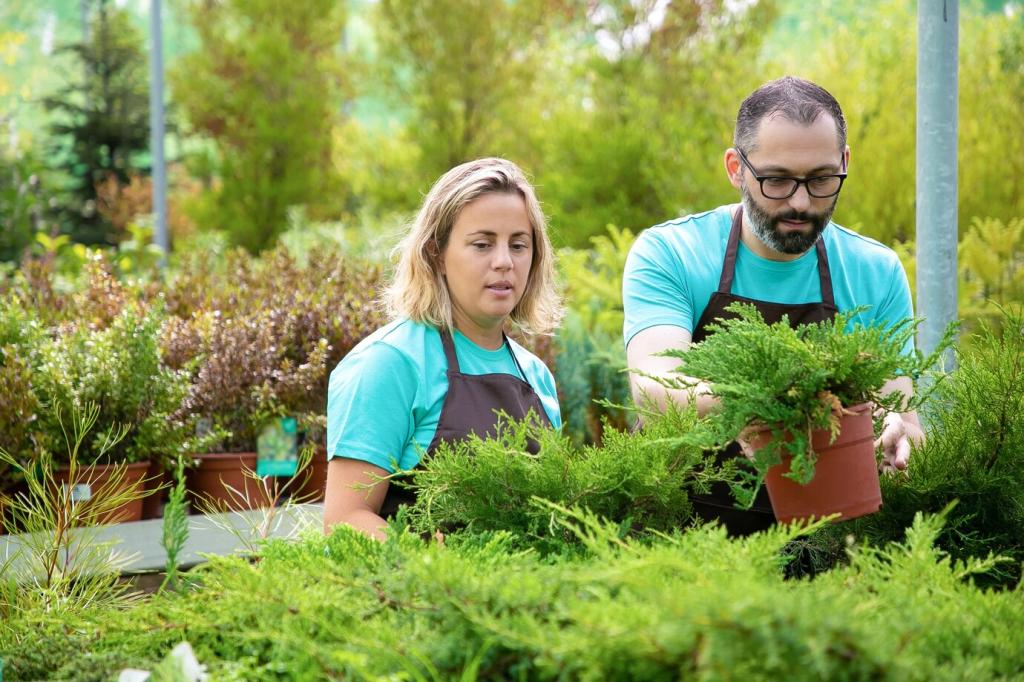
Enhancing Mood and Emotional Health
Surrounding oneself with greenery has been linked to improved mood and decreased symptoms of anxiety and depression. The vibrant colors, fresh scents, and lively growth spurts in urban gardens can lift spirits and offer regular doses of natural happiness, which can be especially valuable in dense urban settings.

Supporting Restorative Breaks
Gardens provide an ideal setting for short restorative breaks during busy days. A few minutes spent admiring flowers or tending to seedlings can interrupt cycles of rumination and overwork. These restorative pauses refresh the mind, enhance concentration, and contribute to resilience against ongoing stress.
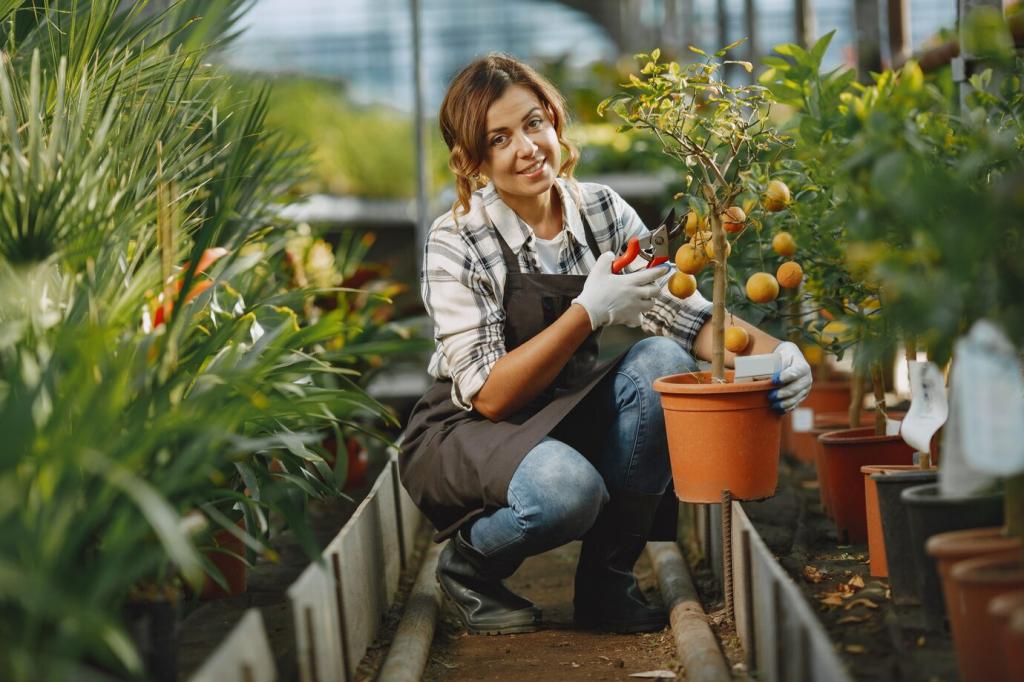
Urban gardeners have embraced container gardening, vertical planters, and window boxes to make the most of limited square footage. These methods allow residents to grow flowers, herbs, or even vegetables in modest apartments or on tiny balconies, proving that meaningful gardening is possible anywhere, regardless of size.
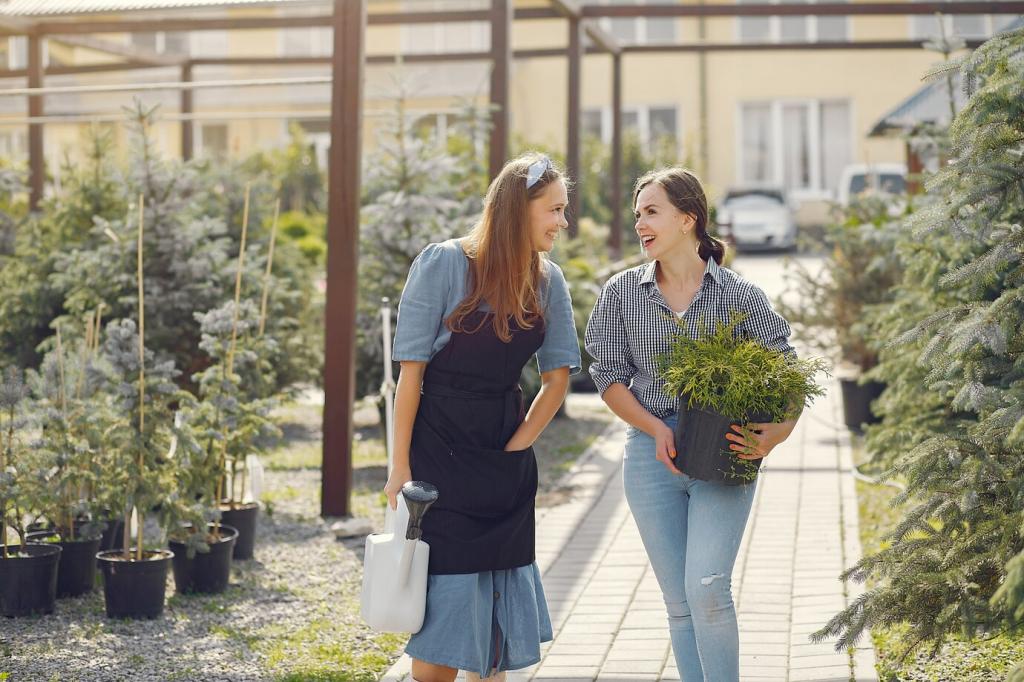
Urban life often means packed schedules, making time a precious commodity. Micro-gardens—such as desktop succulents, kitchen herb pots, or low-maintenance indoor plants—require minimal upkeep. These options enable people who are constantly on the go to enjoy the calming benefits of gardening without feeling overwhelmed by additional responsibilities.
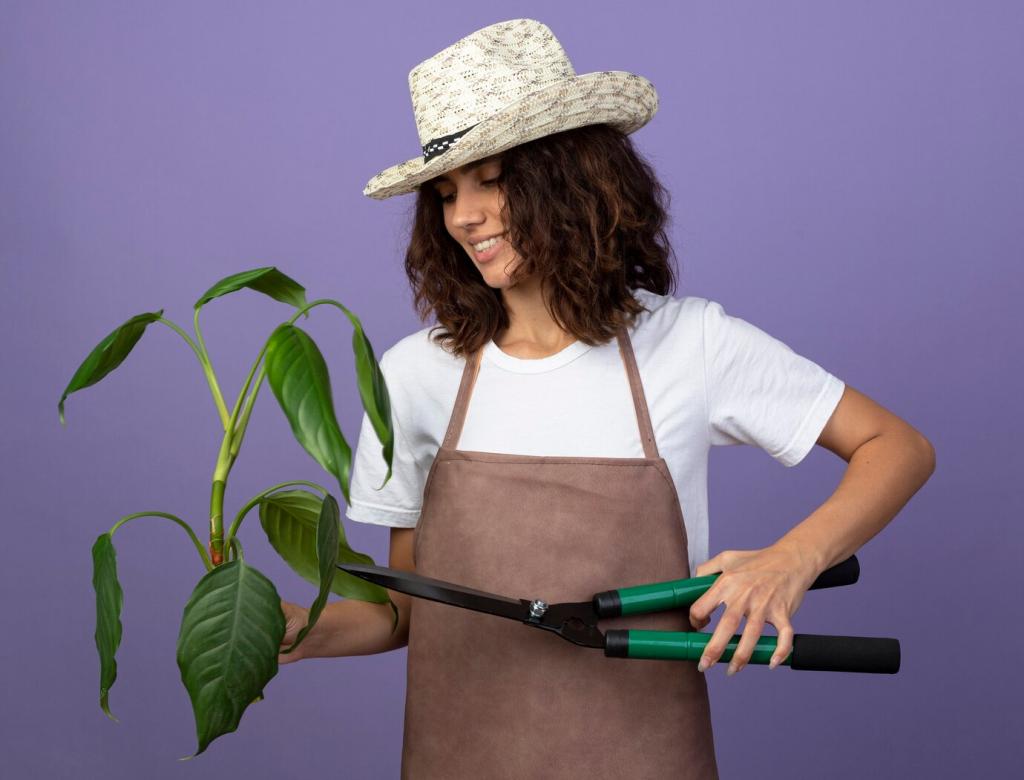
For those seeking stress relief, gardening does not have to be an all-consuming hobby. Incorporating small acts, like watering a plant each morning or tending to an evening harvest, can slot seamlessly into daily routines. These brief interactions with greenery provide regular doses of mindfulness and calm, helping to manage stress without demanding major lifestyle changes.
Health Benefits Beyond Stress Relief
01
Physical Activity and Exercise
Gardening involves a surprising range of physical activities, from digging and lifting to stretching and walking. Even simple tasks like repotting or pruning can help improve dexterity and encourage movement, contributing to enhanced physical health while simultaneously reducing stress levels.
02
Air Quality and Indoor Wellness
Plants play a vital role in filtering pollutants and improving air quality. Urban gardening, particularly with indoor plants or rooftop plots, can reduce particulate matter and introduce fresh oxygen into living spaces. Cleaner air not only supports respiratory health but also contributes to better sleep and mental clarity, further supporting stress management.
03
Fresh Food and Nutrition
Growing your own herbs, vegetables, or fruits in the city leads to a more nutritious diet. Consuming fresh, home-grown produce has direct benefits for health, but the act of harvesting and preparing food you have grown yourself also provides a sense of fulfillment and self-sufficiency, reinforcing the mood-boosting effects of gardening.
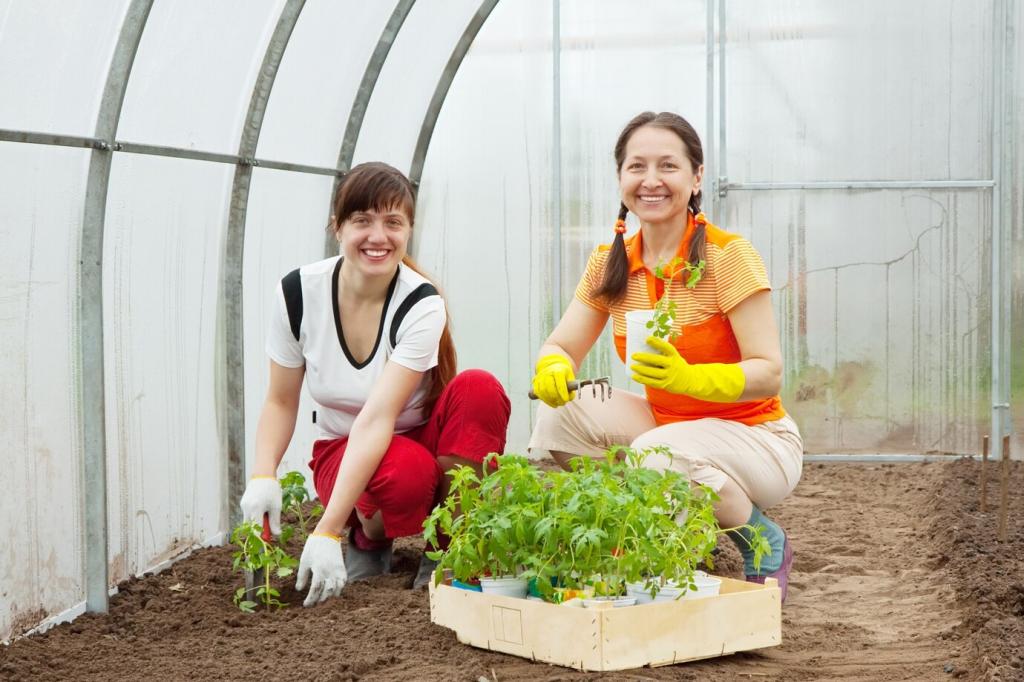
Dealing with Limited Sunlight
High-rise buildings and dense layouts often limit direct sunlight. Urban gardeners can seek shade-tolerant plants or use reflective surfaces to maximize available light. In some cases, grow lights or carefully chosen windowsills are effective alternatives, allowing even apartments with little sunlight to foster thriving greenery.
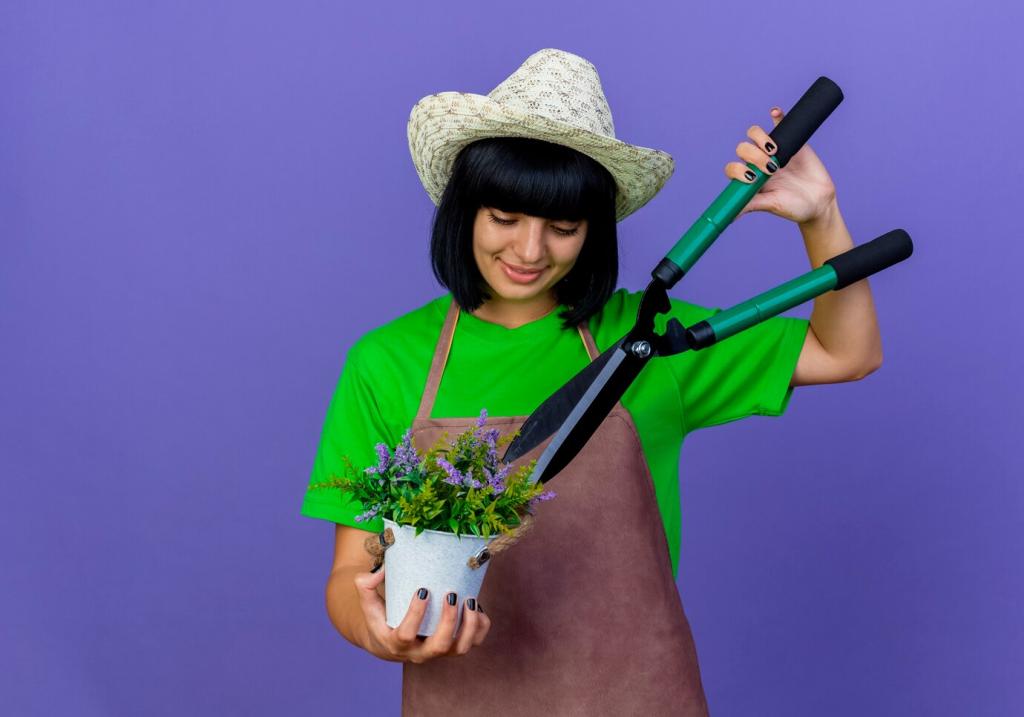
Accessing Resources and Materials
Start-up costs and access to tools or soil can deter beginners, but many cities now offer community resources such as tool libraries, shared composting, or local plant swaps. Resourcefulness is a hallmark of urban gardening, with creative solutions available for sourcing everything needed to start a stress-reducing garden, regardless of budget.
